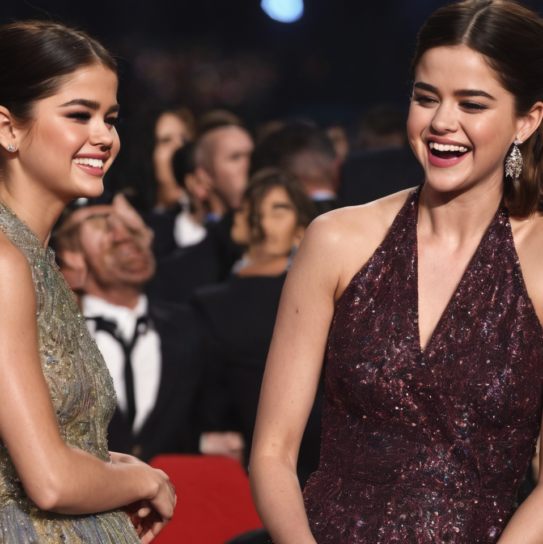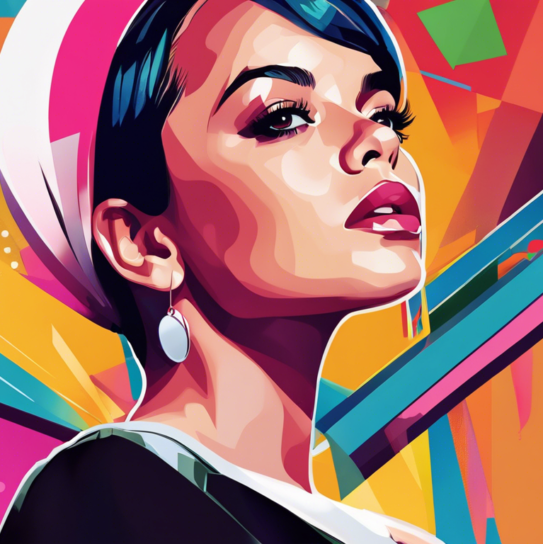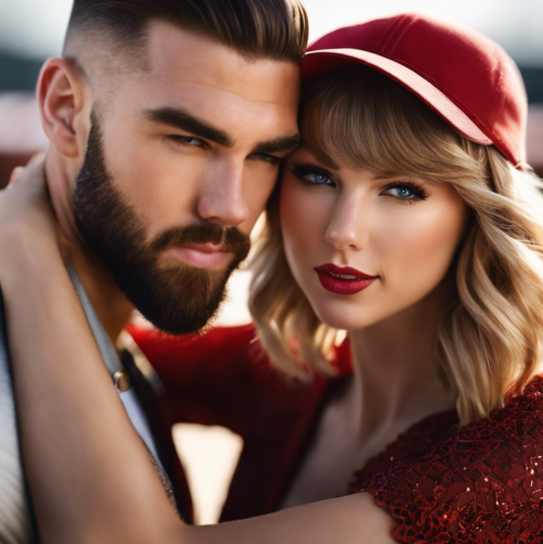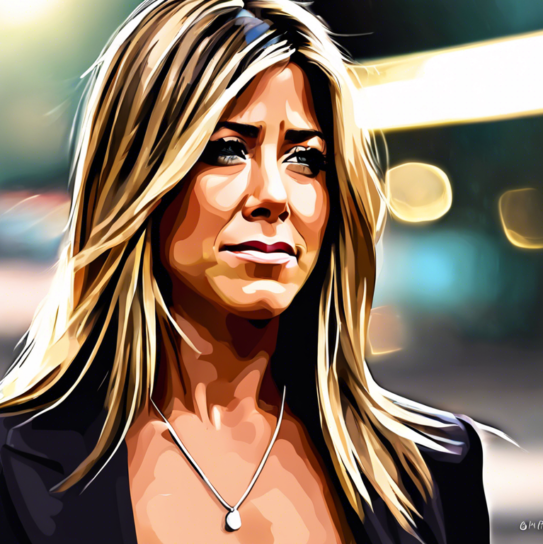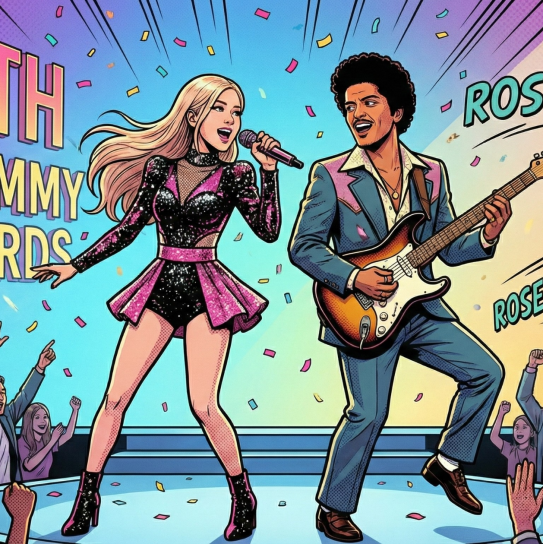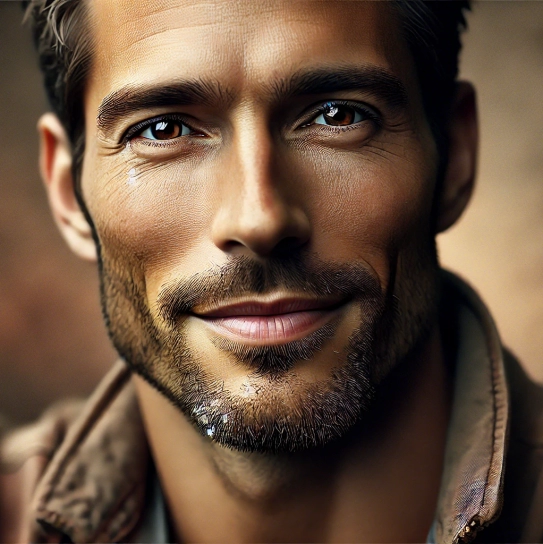In the ever-evolving landscape of comedy, the conversation around political correctness remains a hot topic. Julia Louis-Dreyfus, an icon in the comedic realm, recently weighed in on the matter, offering a fresh perspective that diverges from some of her contemporaries. Her insights come at a time when the industry is grappling with the delicate balance between humor and sensitivity.
Louis-Dreyfus, known for her sharp wit and impeccable timing, suggests that political correctness isn’t the creativity-stifling force it’s often made out to be. Instead, she posits that a heightened awareness of societal sensitivities can serve as a catalyst for innovation in comedy. This stance is particularly noteworthy given the contrasting opinion of Jerry Seinfeld, her co-star from the legendary sitcom “Seinfeld,” who has voiced concerns about political correctness hindering comedic expression.
The actress’s commentary sheds light on the nuanced nature of the debate. She acknowledges the pushback against political correctness but cautions that such resistance might signal deeper issues. Louis-Dreyfus doesn’t shy away from addressing the elephant in the room – the consolidation of money and power – which she identifies as the true threat to artistic freedom, rather than the pursuit of tolerance.
Her views have sparked a broader dialogue within the entertainment industry, prompting fellow comedians and audiences alike to reflect on the impact of political correctness on the art form. The discussion is far from over, but Louis-Dreyfus’s contributions have undoubtedly enriched the conversation, encouraging a reevaluation of what it means to be both funny and considerate in today’s world.
As the debate continues, it’s clear that the journey towards a universally accepted standard for comedy is complex and fraught with differing opinions. Yet, Louis-Dreyfus’s approach offers a hopeful vision – one where comedy can evolve without losing its edge, and where laughter can coexist with empathy. It’s a delicate dance, but if anyone can navigate these waters with grace and humor, it’s the seasoned veterans like Louis-Dreyfus, who have spent a lifetime perfecting the craft.
In conclusion, the discourse on political correctness in comedy is not a black-and-white issue. It’s a spectrum of gray areas that requires careful consideration and an open mind. Louis-Dreyfus’s take on the subject invites us to consider the possibility that being politically correct might just be another tool in a comedian’s arsenal – a means to connect with a diverse audience in a way that’s both meaningful and mirthful. As the industry moves forward, it will be interesting to see how her perspective influences the next generation of comedic talent. One thing is certain: the conversation is far from over, and the laughs will continue as we navigate this complex terrain together.

